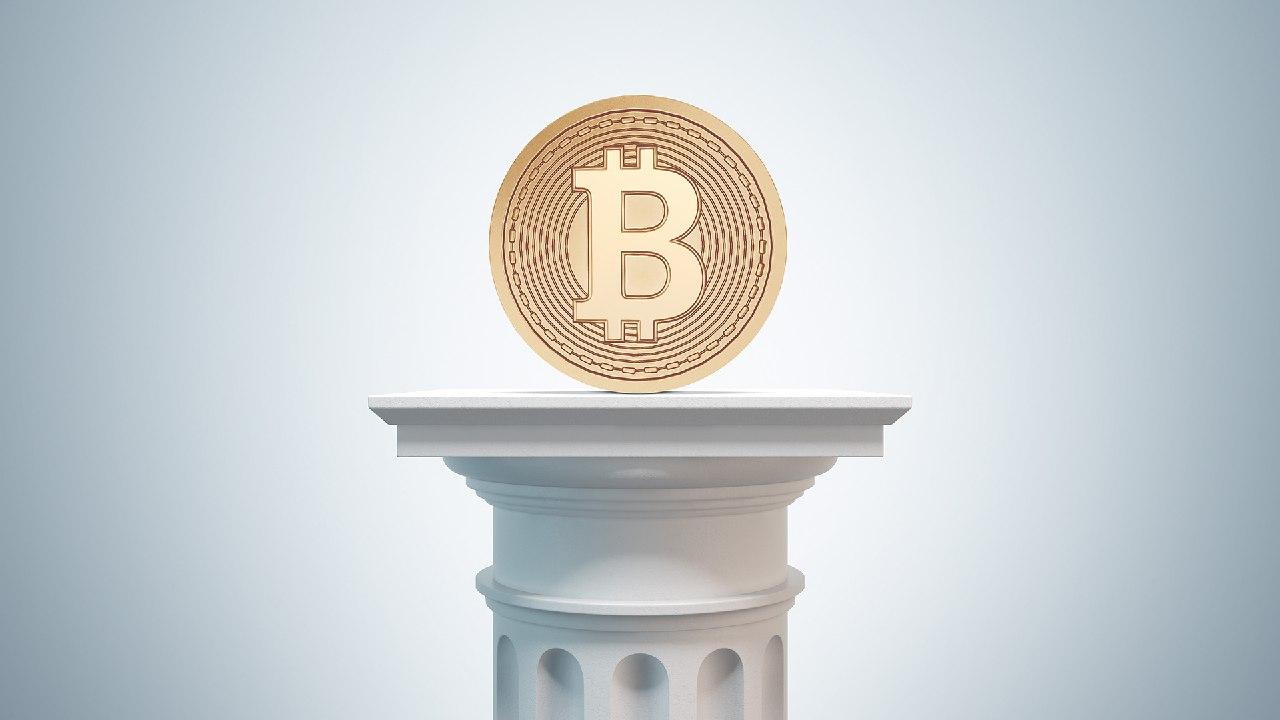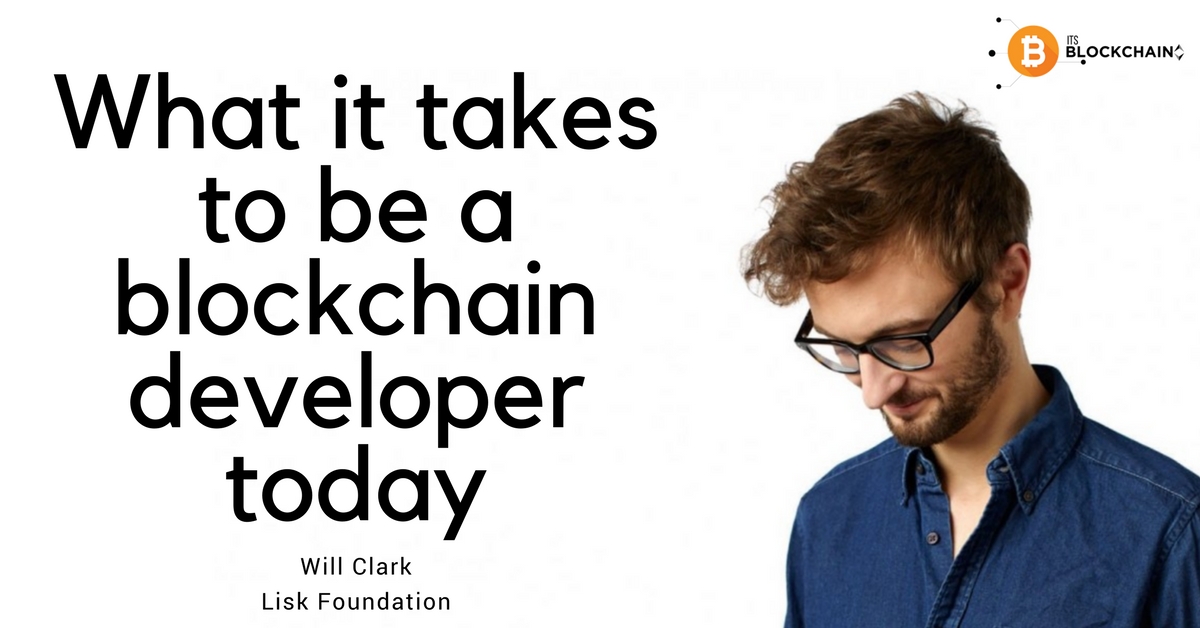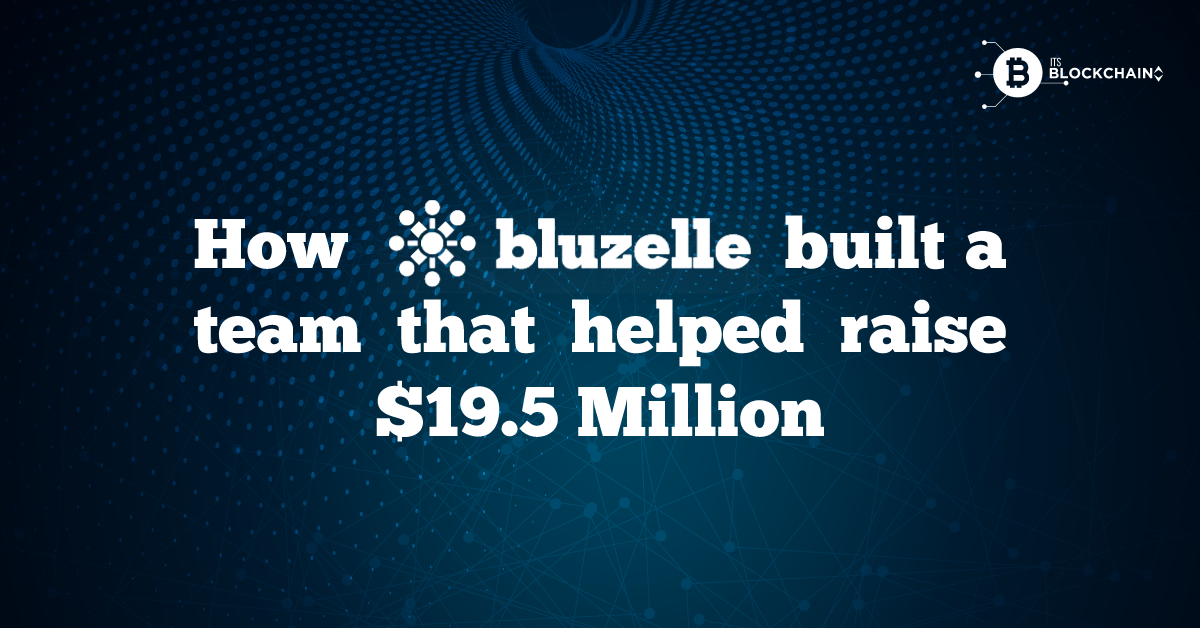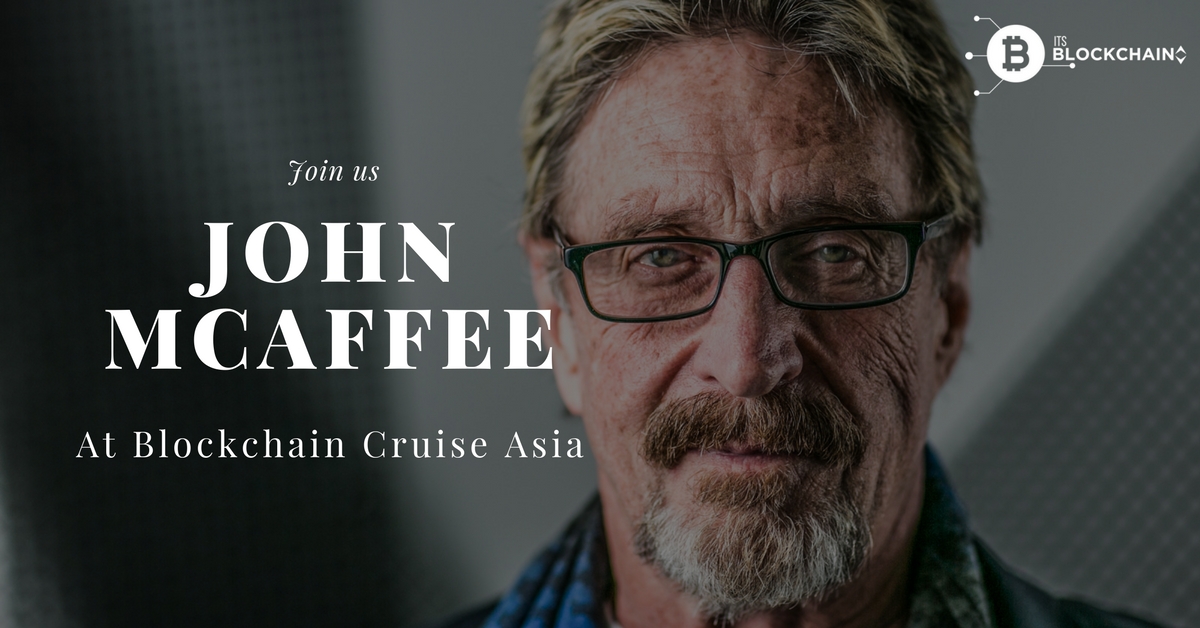At the Token2049,we met with the Lisk team, where we caught up with Will Clark, a full stack developer. Will is a philosophy major and his motivation to become a programmer was fueled in part by his fascination with and desire to build things with blockchain, which he first discovered in 2012. In this interview, there are some interesting tidbits on what it takes to be a blockchain developer today.
What got you to Lisk? What about it attracted you to it? Why did you choose to work with them?
So I have been interested in blockchain and this field since about 2012 and back then I wasn’t really doing so much programming. But I kept an eye on it and when I did get into programming it was kind of an obvious area to get into. And the thing with Lisk is that they want to make it as easy as possible for people to get started with building these blockchain projects, so this is definitely a problem that everyone is aware of and I was coming from a universal job description situation and Lisk is an all job description which is part of the plan to make it as accessible as possible. That was a big draw for me and also, the fact of making people better able to create their own blockchains and instead of having everything on one blockchain, everyone gets a side chain and that is also something that sounds very sensible to me.
I see blockchain’s adoption the same way it happened for cloud computing. There was first a structure, then came the application. With a certain level of the common abstraction that is built on to make newer products, do you see that happening with the blockchain as well?
I think on a platform level there is still a lot of work to do because it is very early for the technology and it is too soon to say.
How has the adoption of the blockchain in organisations and project hierarchies changed the life of a developer?
I mean sure, everyone who holds a token is a stakeholder, but there are still different groups of stakeholders. But yes, the adoption of the blockchain does make the world your stakeholder and does encourage a very open approach, like a lot of these projects are fully open source, we are fully open source. We even have our project management fully public, you can see what we are doing everyday and see how we’re making progress.
And in some sense, in particular the funding model, makes it all a bit more free because people put their trust in the project and give you an initial funding and then you have from the beginning a lot of high developers to kind of get things going and there is no investor who can come and tell you that, ‘no you’ve got to do it this way.’ But in another sense we are completely subject to the community, literally, everyone can see what we’re doing, all the time and question us and request features on our apps.
Does that in anyway slow down the developing process?
I think that depends very much on the project and there are a lot of projects that are to a lesser extent decentralized. We are also very selective on what we accept from the community because if we accept everything that comes to us we would get distracted and end up losing our way.
What is your general opinion on blockchain talent in Asia?
I have got to say that I don’t know that much about the Asia situation but it is a little bit of a struggle to find developers who know blockchain and are good. But I think as it becomes more professional and as it becomes more mainstream, things will change.
What are the two or three skills that an aspiring blockchain developer should have today?
As with any programmer, constant learning because it is a new way of thinking about software development and a new way of thinking about data storage and trends are changing extremely quickly at the moment. So yeah, a lot of learning and constantly pushing yourself to learn more.
From a foundational standpoint, what are the languages that will give people a predisposition to picking this up right away?
In terms of programming languages, I don’t think there is any specific one that is much faster than the others. But we pick Javascript obviously.
So the blockchain is language agnostic?
Pretty much. But a good sense of architecture will help. With blockchain, you have to rethink what your concept of a database is and having that kind of abstract level of understanding.
What is your advice to aspiring blockchain developers today?
I would say, get really comfortable with the concepts, get a decent grounding in cryptography because that is what is underlying all of this, encryption, decryption, signing and read a lot of white papers and get comfortable with the sense of the space, talk to people, read about it. There’s just so much happening here, so get a feel for what is going on and then if you want a job just apply. I think there is plenty of demand, you’ll find something.

Hitesh Malviya is the Founder of ItsBlockchain. He is one of the most early adopters of blockchain & cryptocurrency enthusiast in India. After being into space for a few years, he started IBC in 2016 to help other early adopters learn about the technology.
Before IBC, Hitesh has founded 4 companies in the cyber security & IT space.
Subscribe to get notified on latest posts.






























